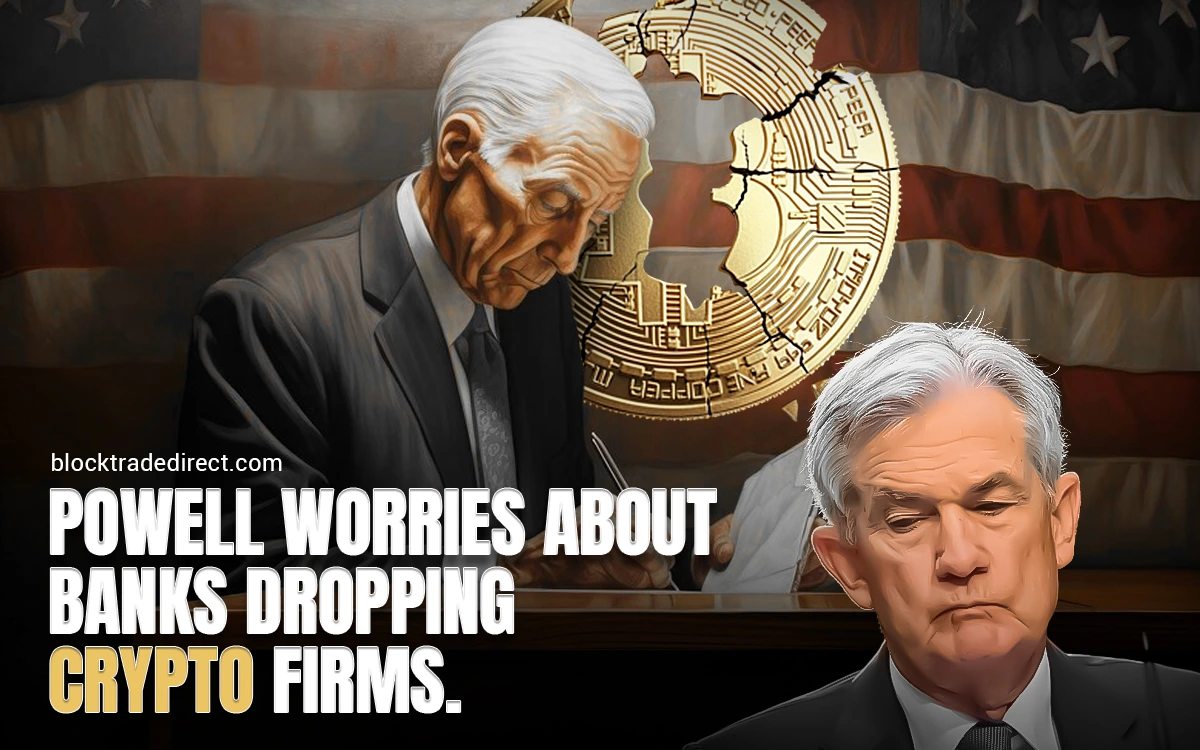
Jerome Powell, the Chair of the Federal Reserve, voiced out fears over the ever-growing attentiveness to debanking that has left many crypto firms in the U.S. exposed. Powell admitted in natural tones that while banking regulations would flame trouble as far as maintaining stability, debanking could also push some businesses like those in the crypto space to a financially exposed-offside range of unintended risks.
Debanking is the practice where banks refuse or close accounts for businesses due to the perceived risk. Over the past year, many crypto-related firms have struggled with their banking relationships, mostly due to:
Powell explained that this well-targeted debanking is responsible for liquidity challenges in the crypto sector, thus pushing financial activity to unregulated or offshore markets, where systemic risk magnifies.
During the recent Congressional hearing, Powell stated, "We have a responsibility to maintain a safe financial system, but we must also ensure that legitimate businesses, including those in digital assets, have fair access to banking services."
Such an act was against the increasingly sharpening tones of fear from lawmakers and industry captains whose apprehensions are that excessive over-regulation would nix U.S. innovation in blockchain technology and decentralized finance (DeFi).
Debanking has indeed imposed a severe impact on those in the space, including crypto firms, exchanges, and Web3 startups, translating to:
Several U.S.-based crypto companies have already transmigrated their business to another jurisdiction overseas, most pointing to vague rules and lack of banking as their primary reasoning.
Powell's concerns suggest that the Federal Reserve may consider:
While Powell's statement highlights the issue, there is still uncertainty about whether there will be concrete policy changes. Leaders in the crypto industry are imploring regulators to:
In acknowledging the dangers of debanking, Powell breathes more life into the ongoing talk of crypto regulation and financial inclusion. From this acknowledgment of the problem by one of the most important figures in finance, whether concrete policy changes arise is anyone's guess, but for now, this is something the crypto industry welcomes.